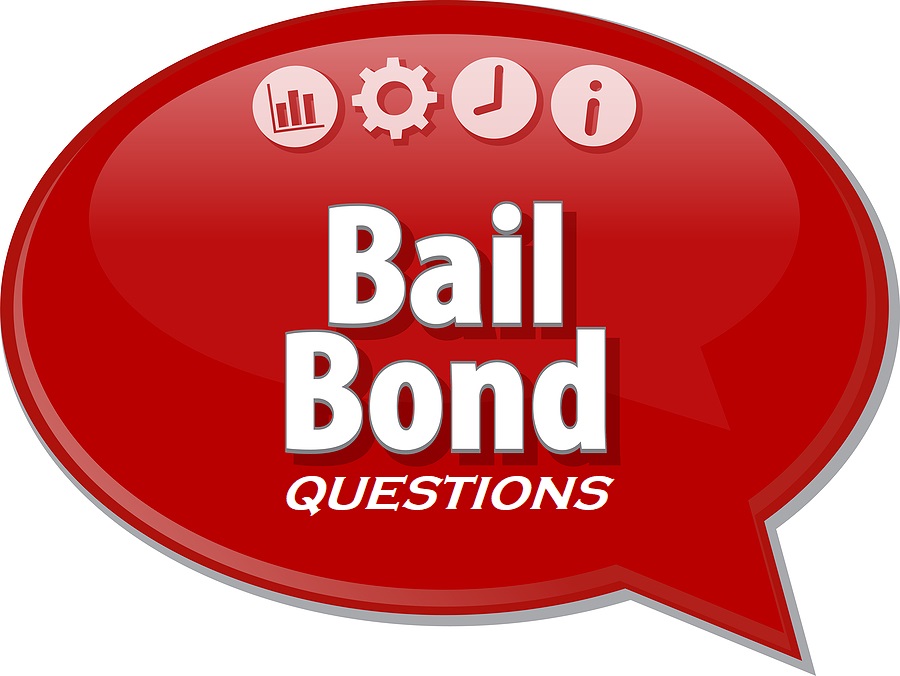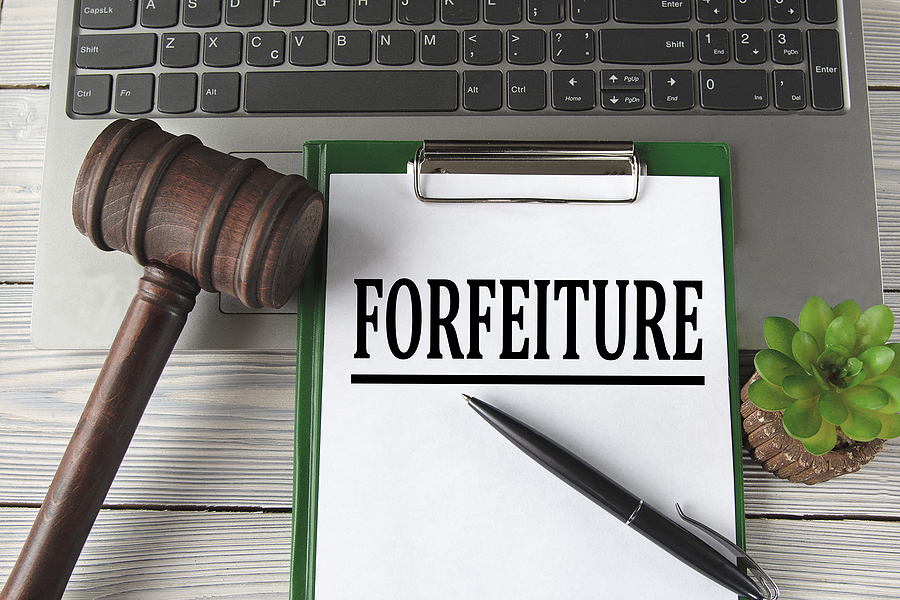Navigating the bail bond process can be overwhelming, especially if it’s your first encounter with the criminal justice system. Choosing the right bail bond company is a critical decision that can impact both your financial stability and legal standing. With so many options available, how do you identify a trustworthy service among the sea of choices?
This guide will walk you through what a bail bond company does, how to evaluate their reliability, and the warning signs to avoid. By the end, you’ll have the tools and confidence to make an informed decision.

What is a Bail Bond Company?
A bail bond company acts as a financial intermediary, helping individuals secure their release from jail while awaiting trial. Instead of paying the full bail amount upfront, a bail bond agent covers most of it for a fee (usually 10–15% of the bail amount). This service ensures individuals can return to their normal lives as they prepare for court.
Beyond finances, bail bond agencies often guide clients through the complex legal process, helping them understand their rights and obligations.
Key Qualities of a Reliable Bail Bond Company
Trustworthiness is non-negotiable when selecting a bail bond company. A reliable agency can reduce stress and ensure compliance with legal requirements. Here’s what to look for:
▶ Licensing and Accreditation
One of the first steps in verifying a bail bond company’s reliability is ensuring they are licensed and accredited.
- Why it matters: States, including Indiana, require bail bond agents to hold valid licenses. Licensing guarantees that the company meets legal and professional standards.
- How to verify: Check with your state’s Department of Insurance or official licensing board. Many states maintain online databases where you can confirm a company’s credentials.
▶ Transparency and Clear Communication
A trustworthy bail bond agency prioritizes honest and open communication.
What to expect:
- Clear explanations of the bail bond process.
- Transparent pricing with no hidden fees or tricky contract clauses.
- Red flag: If an agent avoids answering your questions or rushes you through signing paperwork, proceed with caution.
▶ Experience and Reputation
Industry experience and reputation speak volumes about a company’s reliability.
Why it matters:
- Experienced agents are familiar with local legal systems and can expedite your case.
- Positive reviews indicate consistent, quality service.
How to evaluate:
- Ask the company how long they’ve been in business.
- Look for client testimonials on Google, Yelp, or Better Business Bureau (BBB) pages.
▶ Availability and Responsiveness
Emergencies don’t wait for business hours, and neither should your bail bond company.
What to look for:
- 24/7 availability, including holidays.
- Responsive customer service that answers calls or emails promptly.
Why it’s crucial:
- Delays in securing bail can result in longer jail time, adding stress to an already difficult situation.
Get 24 Hour Bail Help in Indy!
▶ Flexible Payment Options
Bail amounts can be expensive, so reliable companies often provide flexible payment plans.
Features to consider:
- No-interest payment plans.
- Credit card payments or collateral-based bonds.
- Red flag: Companies demanding full upfront payment without offering alternatives may not have your best interest in mind.
▶ Client Testimonials and Reviews
Take time to research how past clients feel about their experiences.
What to check:
- Platforms like Google Reviews, Yelp, and the Better Business Bureau often contain honest feedback.
- Look for testimonials that mention professionalism, empathy, and positive outcomes.
- Tip: Be wary of fake reviews. Authentic testimonials often provide detailed accounts rather than generic praise.
Red Flags: Warning Signs to Watch Out For
Not all bail bond companies operate ethically. Spot these red flags to avoid falling victim to poor service or scams.
- Unlicensed Agents: Be cautious of companies that can’t produce valid licensing information.
- Exorbitant Fees: The standard fee typically ranges from 10–15%. Anything significantly above or below this range should raise suspicion.
- Pressure Tactics: Reliable agents will never rush or coerce you into signing a contract.
- Lack of Physical Office: A genuine bail bond agency should operate from a professional office, not just online or over the phone.
- Poor Customer Service: If an agency is unresponsive or fails to provide clear answers, they likely won’t support you through the process.
Making an Informed Decision
Finding a reliable bail bond company doesn’t have to be daunting. By focusing on licensing, transparency, experience, availability, and customer reviews, you can partner with a trustworthy agency that prioritizes your needs.
If you’re in Indiana and searching for dependable bail bond assistance, we’re here to help. Contact Woods Bail Bonds today for reliable bail bonds that you can trust when it matters most. We serve over 30 Northern, Central, and Southern Indiana counties.
Request Immediate Bail Service
Related Post: Building Trust: Questions to Ask Your Potential Bail Bond Company









